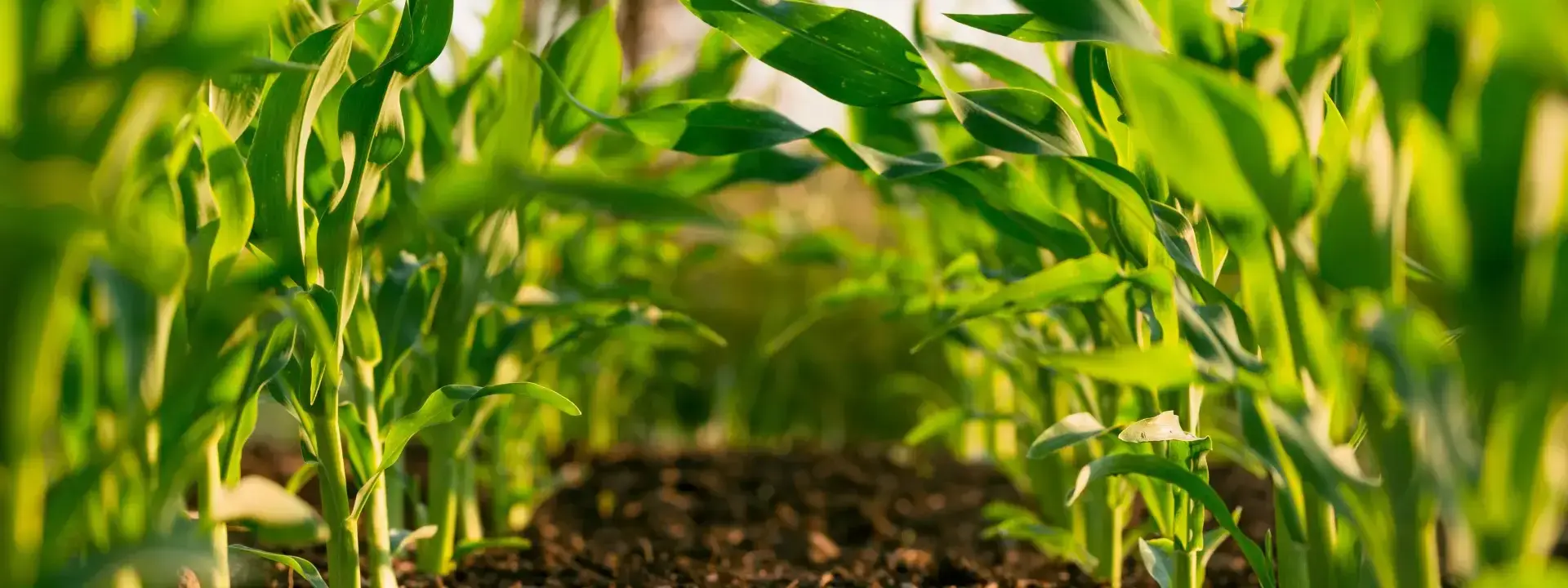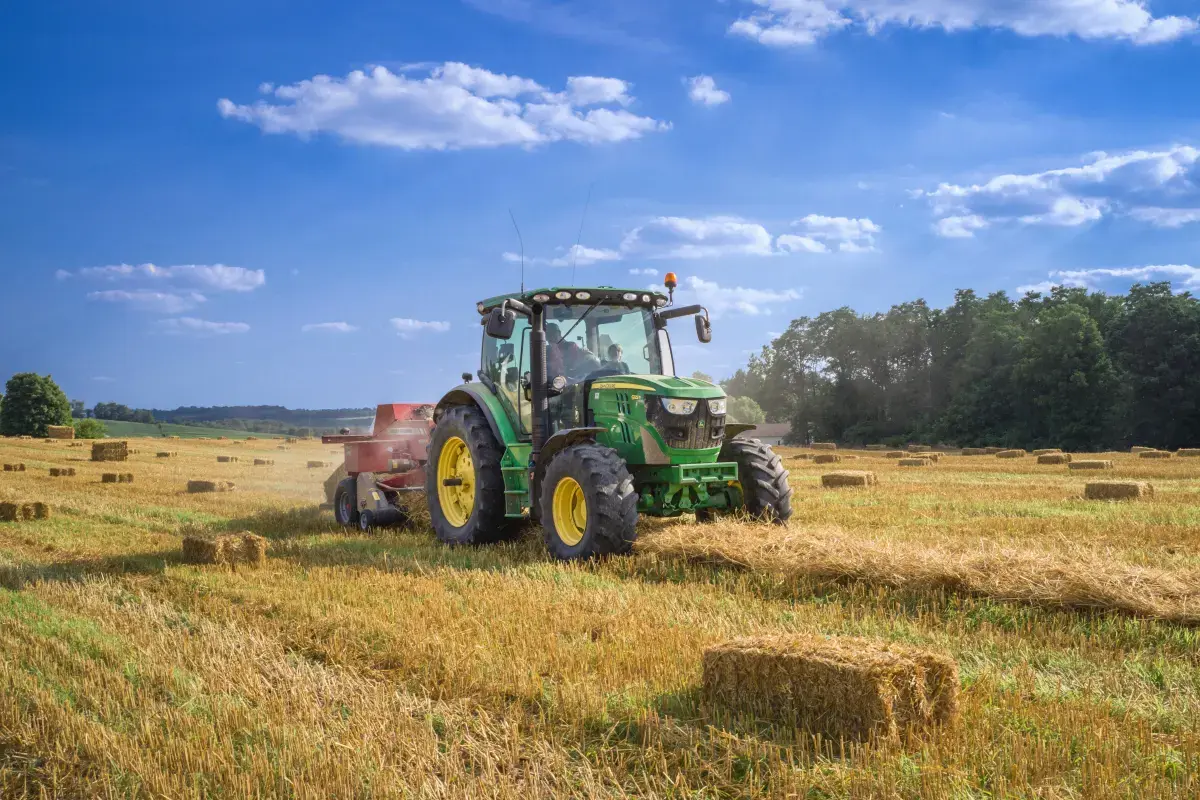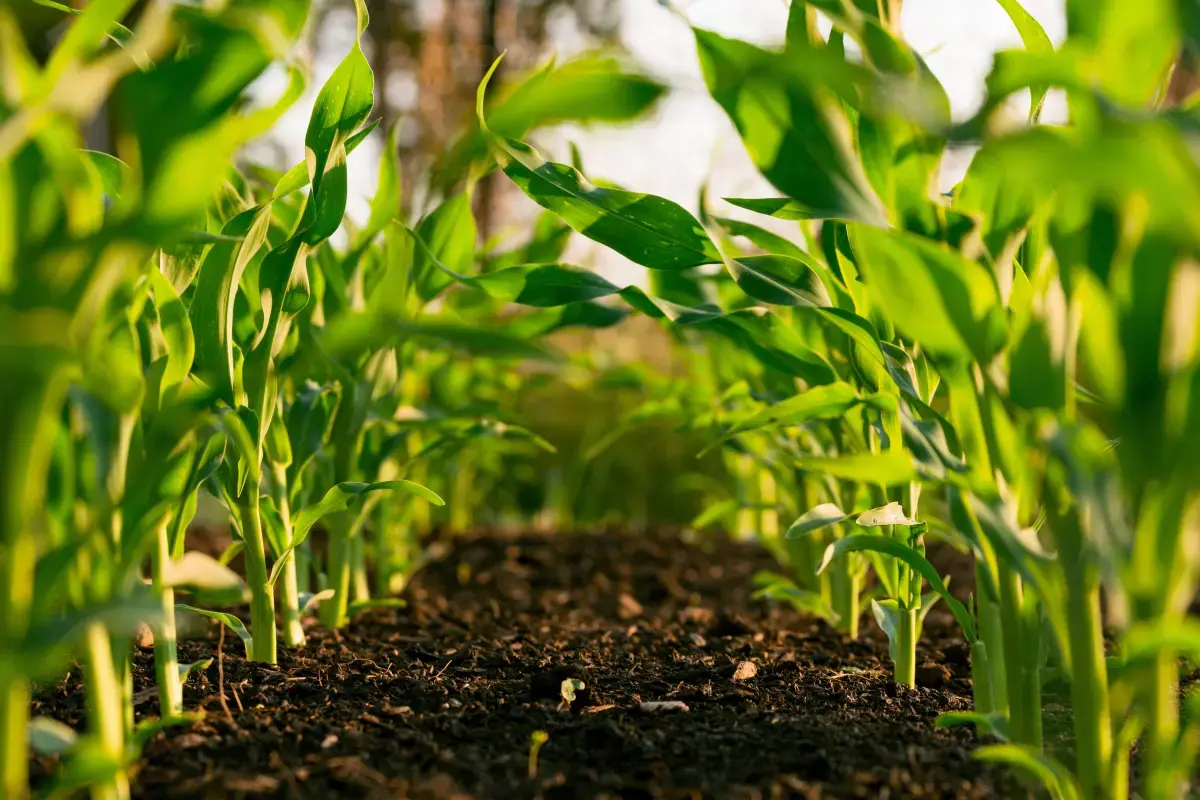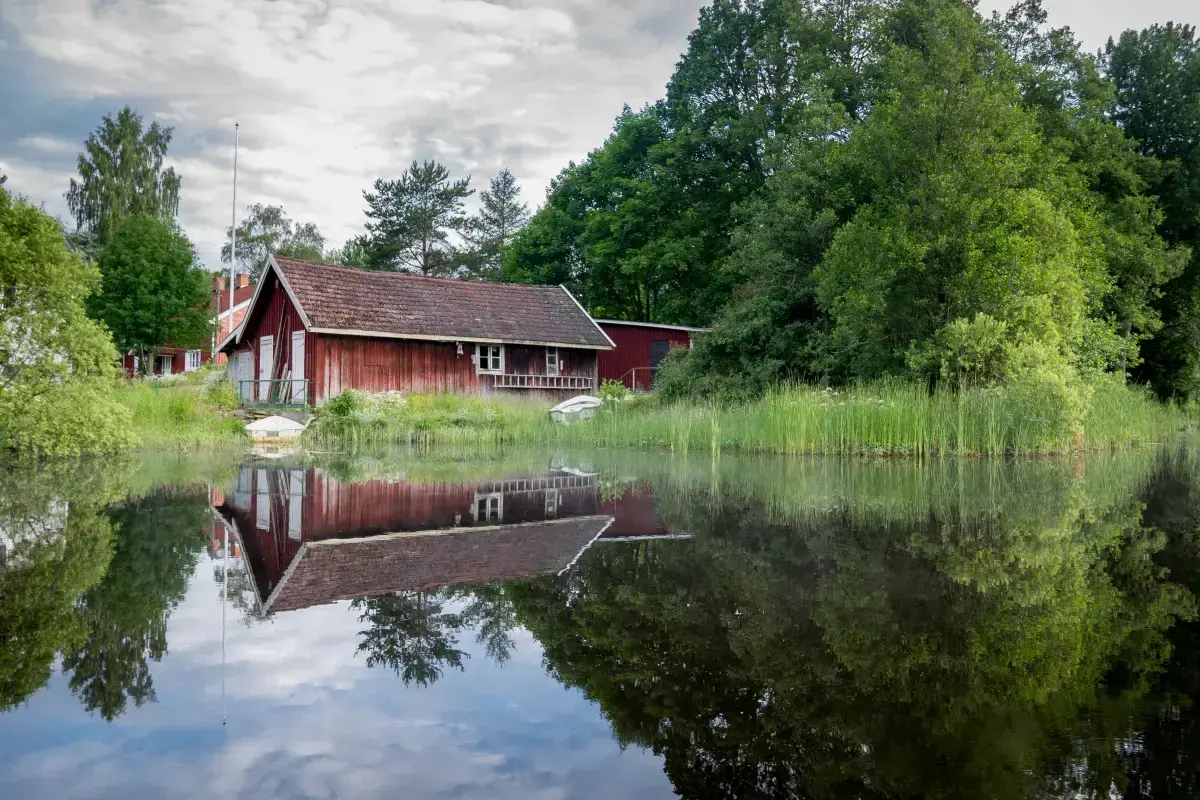
Agriculture, Conservation & Farming Services in Sweden
Find the Best Agriculture, Conservation & Farming Work in Sweden Near You
Hire the Most Trusted Local Agriculture, Conservation & Farming Workers Near Me. Choose how you work. Choose who you hire.

Find & Hire Agriculture, Conservation & Farming Experts via our 4 Flexibile Work Services in Sweden
Choose which service works for you to find, hire and recruit highly skilled and trusted Swedish Agriculture, Conservation & Farming Experts
Gigs
Jobs
Volunteers
Promote
How the gigexchange Sweden gig economy service works?
Create Your Gig Economy Listing in Sweden
Post any gig job work task you need completed by our experts
Select the Best Freelancers & Gig Workers in Sweden
Select from our trusted & verified Swedish self-employed gig workers
Safe & Secure Financials in Sweden
We hold the money while the work gets completed to your satisfaction
How the gigexchange Sweden job portal website works?
Business & Recruiters in Sweden
Advertise your Agriculture, Conservation & Farming Jobs for FREE to recruit and employ the best job seekers in Sweden
Job Hunters in Sweden
Search for Full-Time & Contract Jobs. Find your dream Swedish job through our online recruitment & employment platform.
How the gigexchange Sweden volunteering platform works?
Charities & Non-Profit Organisations in Sweden
Post a Volunteer Advert for FREE, always!
Volunteers in Sweden
Search and find volunteering roles in Sweden
How the gigexchange Sweden advertising service works?
Post a Classified Ads in Sweden
Advertise your Agriculture, Conservation & Farming business service in Sweden for FREE
Find New Customers in Sweden
Connect and engage with new customers in Sweden
Feedback, Ratings & Reviews
Grow your brand on gigexchange through our Customer Testimonials & Accredited Reviews
Check our Agriculture, Conservation & Farming Services
What is the Agriculture, Conservation & Farming Industry in Sweden
Agriculture is the backbone of Swedens economy and has been since prehistoric times. The industry makes up around 4% of GDP, with more than 40 000 farmers working on 10 million hectares (24 711 055 acres). Agriculture in Sweden consists mainly of livestock production—particularly dairy farming and beef cattle raising as well as poultry-rearing for eggs and meat —as well as crop growing such cereals, sugar beet fodder crops potatoes, root vegetables like carrots or turnips; rapeseed oil fields are also common. It is estimated that Swedish agriculture produces almost four percent of EU agricultural output. Sweden boasts an impressive variety when it comes to produce – from wild mushrooms to fresh fish – making its own unique food culture a great source for tourists looking to sample something new during their travels through Scandinavia! In addition to producing goods consumed domestically, the sector plays an important role in international trade thanks largely due its organic certification standards which have attracted high demand outside Europe’s borders. For example: over 30 percent -of all exported foods by value come out this way each year while exports make up nearly half total revenue generated within the countrys agri-food system overall according to Statistics Sweden . The importance of the agricultural sector cannot be understated not only does it provide sustenance but employment opportunities local communities creating jobs either directly related farm activities themselves secondary supply chain roles sales/marketing etc Additionally smaller rural towns depend heavily tourism associated gastronomy various events being held highlight traditional techniques cuisine As result there positive knock effects regional investment development addressing issues poverty isolation Finally responsible use natural resources managed effectively ensure sustainable future generations access enjoy quality products

What is the role & importance of the Agriculture, Conservation & Farming Industry Associations in Sweden
Agricultural industry associations in Sweden are organizations that represent the interests of farmers, agricultural professionals, and their suppliers. They seek to promote the competitiveness of Swedish agriculture by advocating for public policies which benefit the sector’s members as well as providing guidance on technical matters such as research methods and innovations. Because they bring together a diverse range of stakeholders from across all parts of society – including both individuals working directly with food production systems (such as farm owners) and those who use or consume its products – these groups can serve an important role in creating dialogue between different participants throughout this chain process. The purpose is to strengthen knowledge exchange around how best practices can be implemented while also addressing wider social issues related to sustainability, animal welfare standards etc., so helping ensure continued economic success over time. The main functions performed by these organizations include: educating the general public about current farming techniques; building relationships between producers/suppliers & consumers; lobbying for legislative changes beneficial for stakeholders within agri-food chains; developing networks among experts looking into new technologies; gathering data relevant to trends & developments inside specific markets/regions ; mediating disputes amongst involved parties during dispute resolution processes etc . Finally , acting collectively through national councils like LRF gives additional weight when negotiating prices at international level or positioning strategic agreements like TTIP .

What are the benefits of joining a Agriculture, Conservation & Farming Industry Association in Sweden
Agriculture associations in Sweden offer a variety of benefits to members. Joining an association can be beneficial for both the individual and their business. 1) Access to Resources: Agriculture associations provide access to resources such as training, research, best practice models, policy advice etc., which would not otherwise be available or cost prohibitively expensive for small-scale producers. This enables farmers and other agricultural professionals to stay up-to-date with industry standards and practices as well keep abreast of current legislation affecting them nationally or internationally. It also helps build capacity within the sector by providing professional development opportunities across different aspects of agriculture production systems – from soil management techniques through marketing skills - enhancing farming outcomes overall. 2) Networking Opportunities: The networks formed between members give individuals access to reliable information sources relating directly relevant topics that are hard to find elsewhere due traditional media channels being more interested in consumer trends than those related to agriculture operations world (often essential export markets). Being part of these groups means having a chance to discuss common issues/problems and help each other out accordingly – something especially vital located in rural areas where physical contact meetings may limit possibilities connecting all stakeholders involved value chain (e..g buyers suppliers distributors etc.). They’ll often organize events to allow participants to share experiences over drink two too network making friends along the way into bargain! 3) Representation on Political Issues: Associations usually have representation at national governmental level they use influence government decisions policies affairs pertain much wider society beyond just membership base itself but entire nation general so betterment conditions everyone living country regardless age gender religion religious persuasion sexual orientation beliefs political opinion disability place birth social class ethnicity language spoken home whatever else happen defined subject time laws change move progress forward together advance our collective understanding rights freedoms responsibilities life liberty pursuit happiness after all

What are the current work opportunities in the Agriculture, Conservation & Farming Industry in Sweden
Self-Employed/Freelance: There are a variety of self-employment and freelance opportunities in the Swedish agriculture industry, such as owning and running your own farm or providing services to other local farmers. With increasing demand for organic produce, many smaller farming operations have been able to establish themselves both locally within Sweden and sell their products abroad through various means including online sales platforms. The government also offers grants for emerging agricultural businesses which can make it easier for individuals wanting to get into this sector. 2. General Job Market: In terms of more traditional job roles, there is steady growth in this sector due to increased consumer interest in food sustainability initiatives amongst other things; therefore those with suitable qualifications may be able obtain work positions across multiple areas from research laboratories related directly with crop production right up until retail outlets selling the finished product itself i..e supermarkets etc… . Additionally, some large multinational corporations operating inside Sweden will require more permanent staff at specific locations either onsite ei manufacturing plants) or supporting these processes (such as logistics). 3 Volunteering Opportunities: For anyone who wants an introduction into life on a farm without any commitment beyond doing something useful then volunteering could be ideal! A number of different organisations exist that look after animals around Sweden’s countryside so if you enjoy looking after animals they would welcome volunteers year round regardless of seasonally dependent activities like harvesting crops - acquiring hands-on experience here typically involves working alongside locals during peak times over summer months (June – August).








